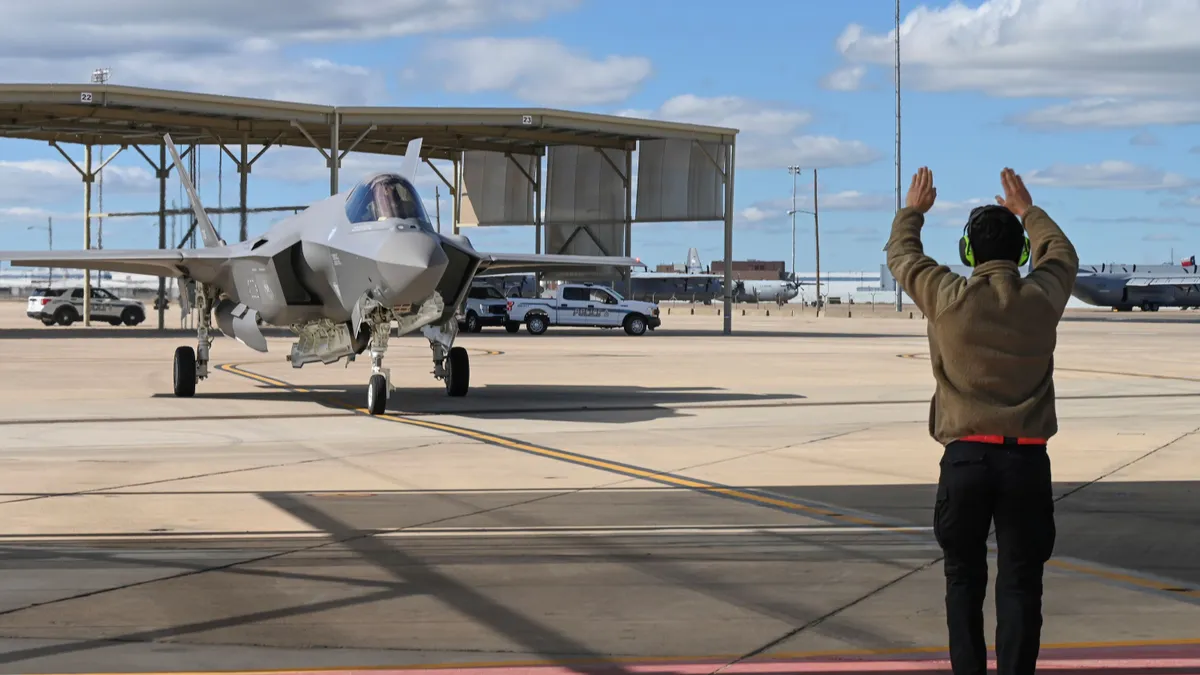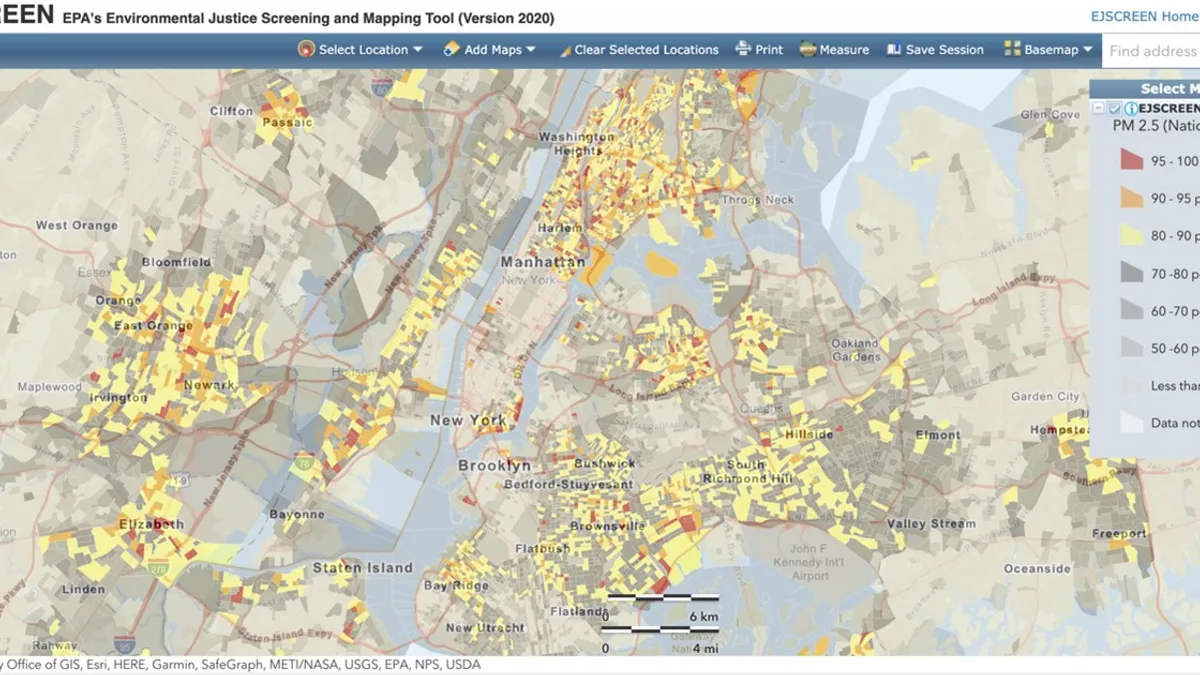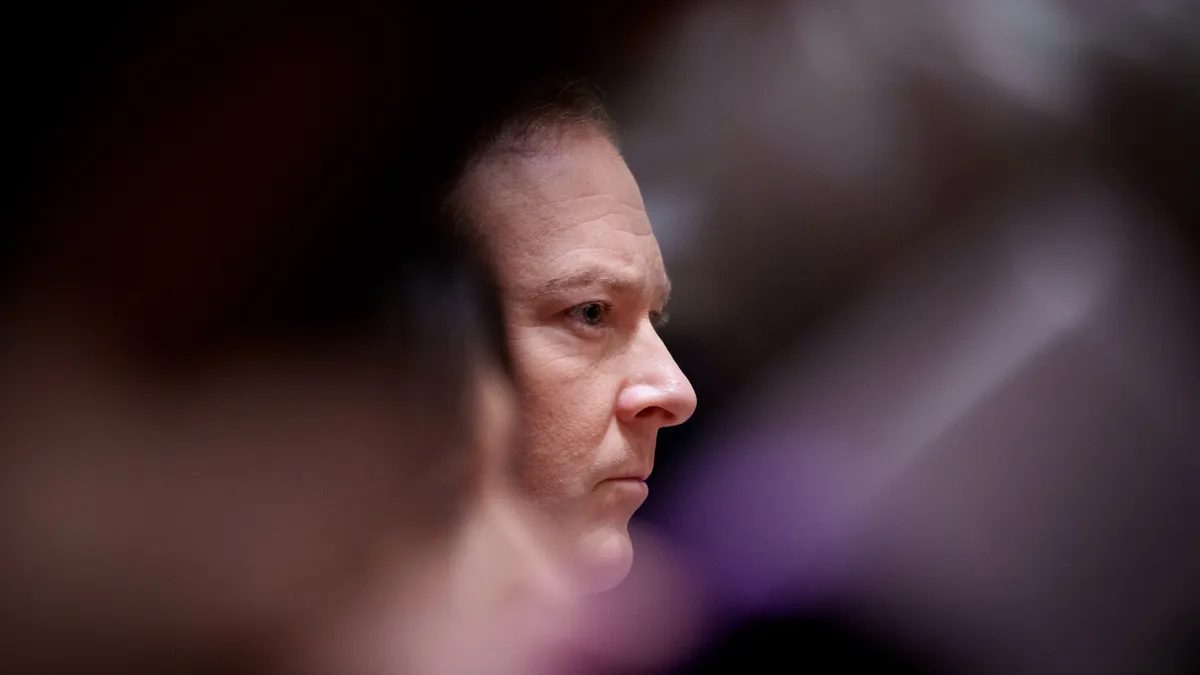The Federal Communications Commission announced the enrollment of more than 20 million households in its Affordable Connectivity Program, which offers monthly financial support for broadband internet service as well as a discount on one laptop, tablet or desktop computer per participating household.
The Aug. 14 announcement noted that about 85% of enrollments to date are in urban areas, but the FCC said rural enrollment is happening at a greater pace.
The five U.S. counties with the most enrollments all represent large urban centers: Los Angeles County; Chicago’s Cook County; Arizona’s Maricopa County, which includes Phoenix and Scottsdale; New York’s Kings County, which includes Brooklyn; and Detroit’s Wayne County, according to June 2023 data.
The ACP addresses the gap in internet access that existed prior to the COVID-19 pandemic. The company BroadbandNow reported in February 2020 that more than 42 million Americans could not afford broadband internet, double the number the FCC estimated in 2019. With schools and many jobs transitioning to remote work during the pandemic, home internet access became even more important.
“Enrolling more than 20 million eligible households is no small feat — and wouldn’t be possible without the partnership of organizations in rural, suburban, and urban communities across the country who are getting the word out about this powerful program,” FCC Chair Jessica Rosenworcel said in a statement.
The FCC is working with nearly 1,900 internet service providers across the U.S., including Comcast, AT&T and several Verizon subsidiaries. Each qualifying household on tribal lands receives an up to $75 monthly credit to help pay its internet bill, while other households receive up to $30 per month. More than 8 million laptops, tablets and computers have been purchased using the $100 discount available for eligible households.
The federal program is funded by the 2021 Infrastructure Investment and Jobs Act and replaced the Emergency Broadband Benefit program on Dec. 31, 2021. The former program also offered a monthly credit and one discounted device per household. Under the previous program, qualifying households not on tribal lands received $50 per month — more money than they do now — but fewer households qualified for enrollment.
The two broadband programs have received appropriations of more than $17 billion in federal funds since April 2021 to help households get internet access. Of that total, almost $7.5 billion remains available for disbursement through the ACP as of June 2023, according to data from the FCC-designated nonprofit Universal Service Administrative Co.
Communities continue with additional broadband efforts
The bipartisan infrastructure law has also funded other broadband efforts, such as the $42.5 billion Broadband Equity Access and Deployment program, which is currently accepting project proposals from states and U.S. territories. Cities can also allocate recovery funds from the American Rescue Plan Act toward broadband access.
According to the National League of Cities, 38% of large cities and consolidated city-counties used ARPA recovery funds to expand broadband access as of December 2022. In total, these cities allocated more than $206 million to support Wi-Fi and broadband services for long-term resident use, fund remote government work, improve digital equity and more.
Subsequent updates on ARPA funds from the U.S. Treasury Department could show funding going to more programs on broadband access, NLC researcher and data analysis program manager Julia Bauer said, but “with all of these other federal funding options [for broadband] ... [cities] may be tapping into those resources and using their ARPA dollars for something else.”
NLC publishes a local broadband checklist to help cities identify gaps in the community and to identify state funding or other regional groups that are trying to achieve similar goals, she said.
“We were pleased by the flexibility that was included in ARPA for broadband infrastructure and we hope that states will take the rollout of the Bipartisan Infrastructure Law broadband programs as an opportunity to revisit any limiting laws they may still have on the book,” Angelina Panettieri, legislative director of information technology and communications at NLC, said in an email.



















